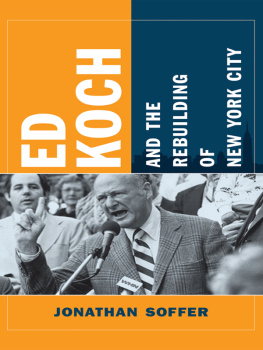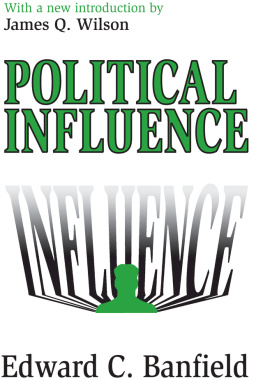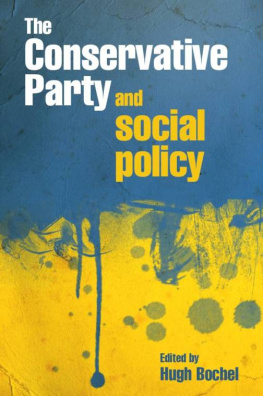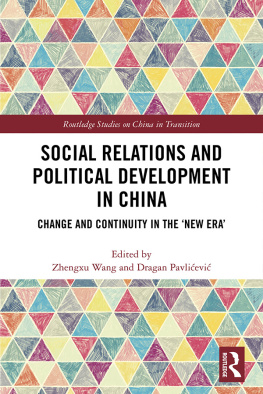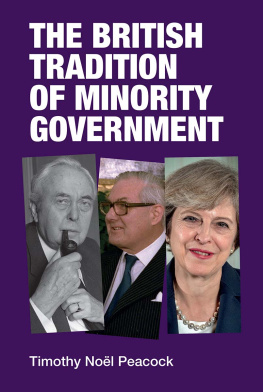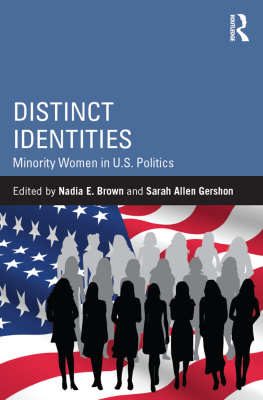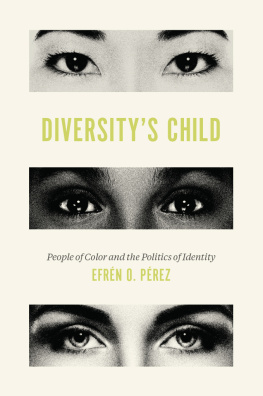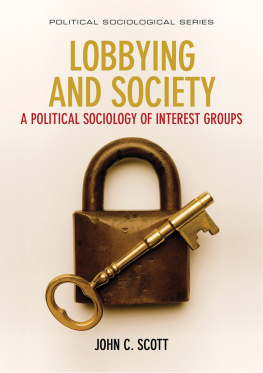Copyright 1992 by Princeton University Press
Afterword copyright 1994 by Princeton University Press
Published by Princeton University Press, 41 William Street, Princeton, New Jersey 08540
In the United Kingdom: Princeton University Press, Chichester, West Sussex
All Rights Reserved
Library of Congress Cataloging-in-Publication Data
Mollenkopf, John H., 1946
A phoenix in the ashes: the rise and fall of the Koch
coalition in New York City politics/John Hull Mollenkopf.
p. cm.
Includes bibliographical references (p.) and index.
ISBN 0-691-07854-8
ISBN 0-691-03673-X (pbk.)
eISBN: 978-0-691-22820-4
1. New York (N.Y.)Politics and government1951.
2. Koch, Ed, 1924. I. Title.
F128.55.M65 1992
320.9747'1dc20 92-8029 CIP
R0
Acknowledgments
THIS BOOK uses the case of New York City to extend and improve upon my previous study of the politics of urban development, The Contested City (Princeton, 1985). That study focused on how mayors could coalesce a wide variety of sometimes conflicting interests into a powerful political coalition based on policies that promoted downtown development. While such pro-growth coalitions remain a primary feature of urban politics, my earlier study tended to take electoral politics for granted and did not give sufficient weight to the public sector producer interests and popular constituencies with whom political leaders must interact. This study of politics in New York City during the mayoralty of Edward I. Koch aims to rectify those shortcomings and to develop a fuller and more adequate theory of urban power. It follows in the footsteps of the classic work of Theodore Lowi and Martin Shefter.
Like all such projects, this study could not have been completed without a great deal of help and support from others. A decade ago, Margo Warnecke helped to connect me with the extraordinary opportunities of New York City. Herbert Sturz, then chairman of the City Planning Commission, and Robert Davis, his counsel, offered me a challenging and edifying introduction to the practice of city politics and development policy as a division director at the Department of City Planning in 198081, for which they have my deep thanks and appreciation. Subsequently, the Ph.D. Program in Political Science at the City University of New York (CUNY) Graduate Center has provided an ideal intellectual and scholarly home. The PSC-CUNY faculty research program supported the initial stages of data collection for this study, while the Robert F. Wagner, Sr. Institute of Urban Public Policy provided time to analyze and report the results. The author also expresses appreciation to the University Seminars at Columbia University for assistance in preparing the manuscript for publication. Material drawn from this work was presented to the University Seminar on the Changing Metropolis.
It has been my pleasure to interact with the many fine scholars who study the political economy of New York City. The Setting Municipal Priorities (SMP) Project organized by Ray Horton and Chuck Brecher has provided a unique venue for analyzing public policy trends in the city. The research work commissioned for the SMP volumes has made an in-valuable contribution to our understanding of the citys problems and fostered a scholarly community among whom Tom Bailey, Matthew Drennan, Mitchell Moss, Emanuel Tobier, and Roger Waldinger havebeen particularly influential to my thinking. As the endnotes to suggest, Ray Horton has contributed much to this book, especially by offering trenchant criticisms of its earliest versions.
Beginning in 1985, the Social Science Research Council, then under the leadership of Kenneth Prewitt, established an interdisciplinary research committee on New York City, for which David Szanton served as staff and Ira Katznelson as chairperson. It was my privilege to serve on this committee, which afforded close working relationships with many outstanding people who took part in its work, including Ira Katznelson, David Szanton, Tom Bender, Christine Boyer, Manuel Castells, Michael Conzen, Herbert Gutman, Kenneth Jackson, Ann Markusen, Elizabeth Roistacher, Martin Shefter, and Oliver Zunz. Editing two books for this committee provided rewarding dialogue with Tom Bailey, Steve Brint, Peter Buckley, Frank DeGiovanni, Cynthia Epstein, Norman and Susan Fainstein, Angelo Falcon, Ian Gordon, Bill Kornblum, Michael Harloe, Mitchell Moss, Saskia Sassen, Ed Soja, Mercer Sullivan, Ida Susser, William Taylor, Emanuel Tobier, and Roger Waldinger.
My colleagues at the Graduate Center have also been a great source of stimulation. The Wagner Institute gave me a chance to collaborate with Asher Arian, Art Goldberg, and Ed Rogowsky on a study of the 1989 mayoral elections which draws in part on this book. Marta Fisch of the CUNY Data Service provided superb assistance with data-base construction and analysis. Lorraine Minnite, also of the Data Service, helped to compile the electoral statistics. David Olson provided crucial assistance in compiling and analyzing the data in the afterword. Years of discussing urban policy and politics with colleagues Ron Berkman, Christa Alten-stetter, Marshall Berman, Frank Bonilla, Cynthia Epstein, Marilyn Gittell, Steve Gorelick, Bill Kornblum, Frances Fox Piven, Stan Renshon, Matthew Schoengood, and Ken Sherrill have enriched my thinking. My students have also been my teachers, especially Jos Cruz, Jeff Gerson, Liz Strom, and Phil Thompson. For someone interested in urban politics and public policy, it would be hard to imagine better surroundings than the Graduate Center.
This book has also been influenced by my contacts with practical politics, beginning with my service in the Koch administration. My debt to Edward Koch is doubly great, since his first administration provided my first job in New York City and his last provided an ending point for this study. My on-going dialog with Barry Ensminger, Angelo Falcon, Ester Fuchs, Don Glickman, David and Dinni Gordon, David Gurin, Sandy Hornick, Hulbert James, David Jones, Francesca Kress, Mark Lapidus, Andy Logan, Peter Marcuse, Joan McCabe, Carol OCleireacain, Steve Polan, Ed Rogowsky, Jim Sleeper, Phil Thompson and the late Bob Wagner, and Mark Willis have greatly enhanced my ability to write this book. The 1989 Dinkins campaign afforded a chance to work with John Flateau, and Bill Lynch, while the Charter Revision Commission directed by Eric Lane and Frank Mauro and the Redistricting Commission directed by Alan Gartner enabled me to explore the relationships among geography, demography, representation, and power in New York City.


